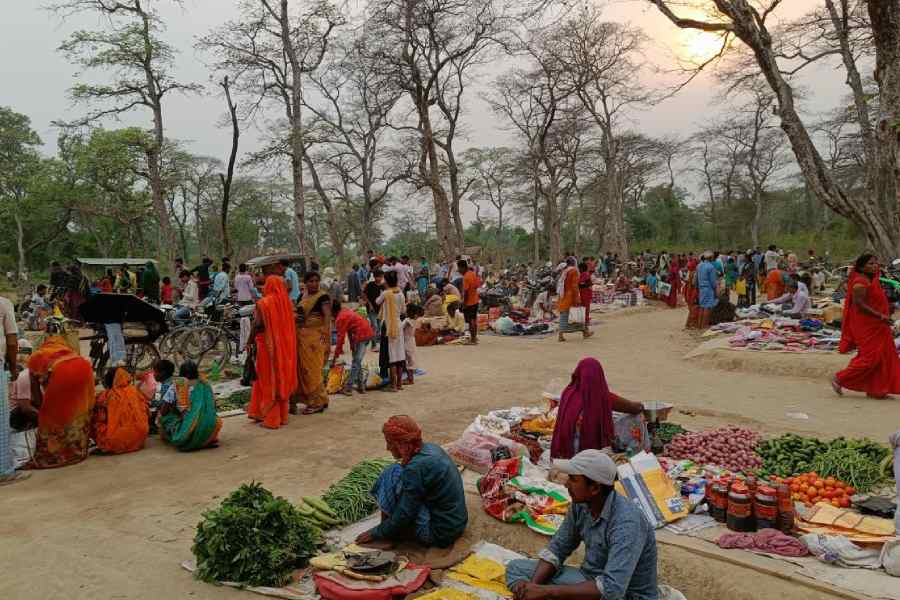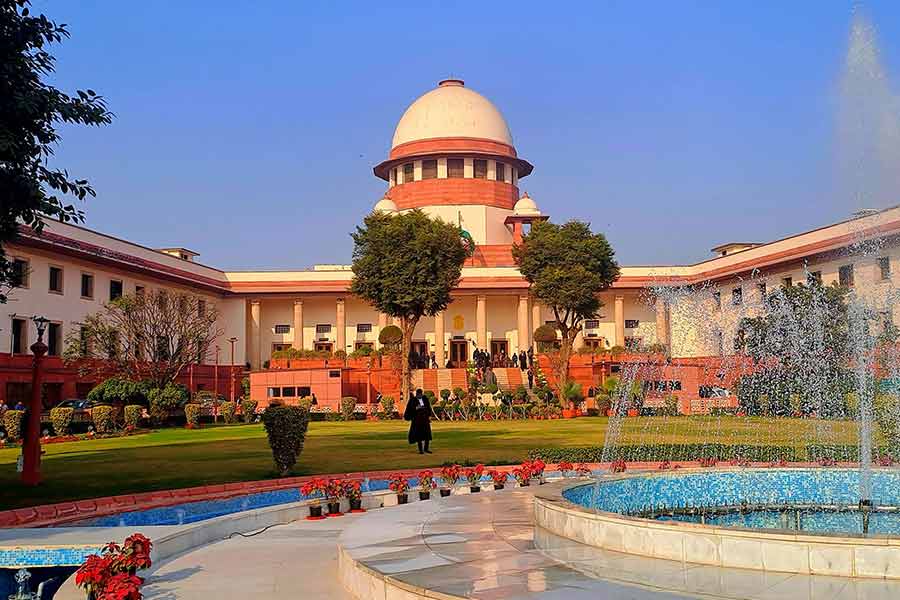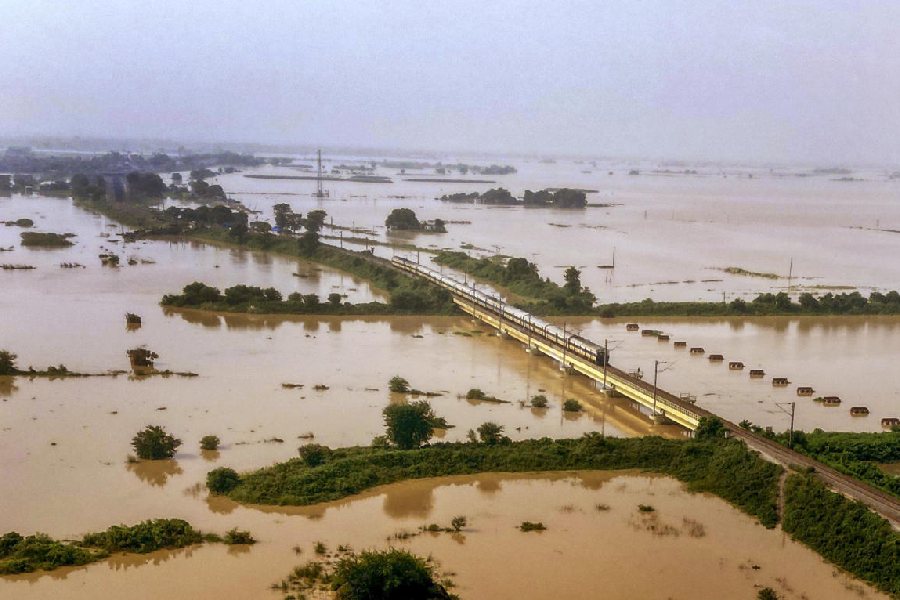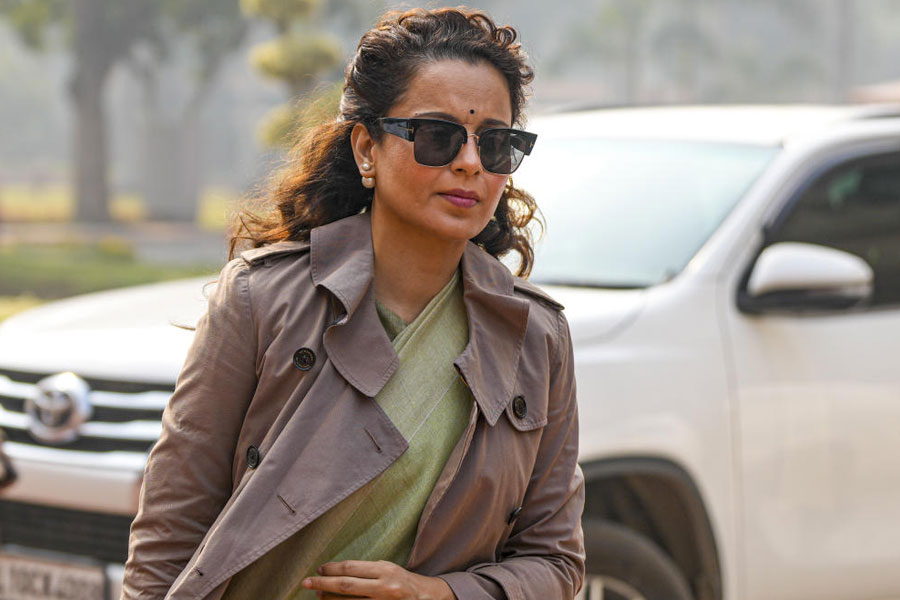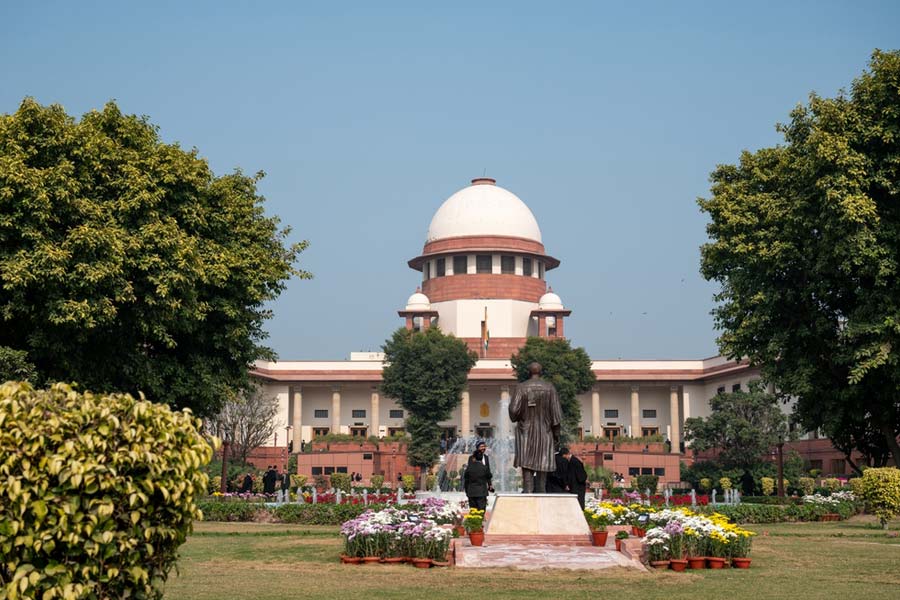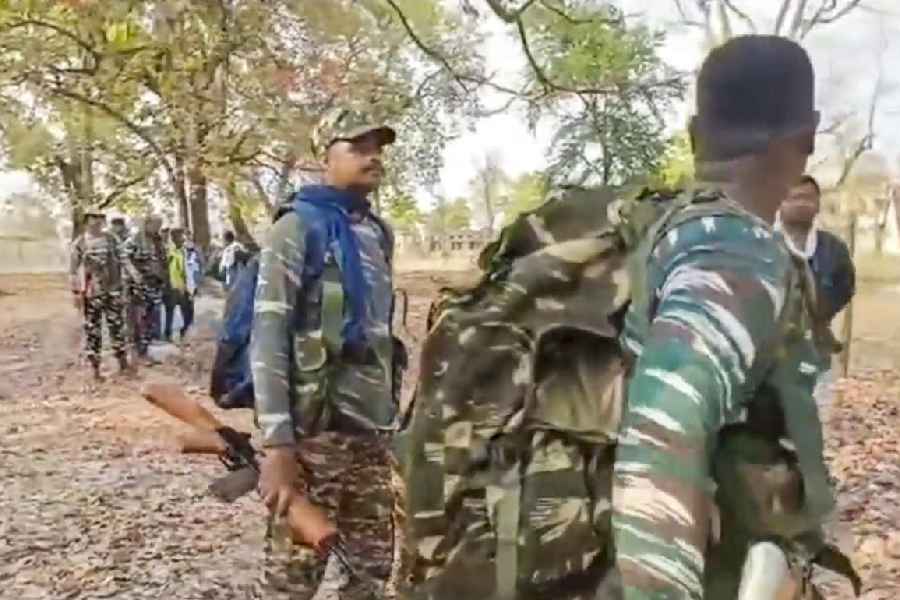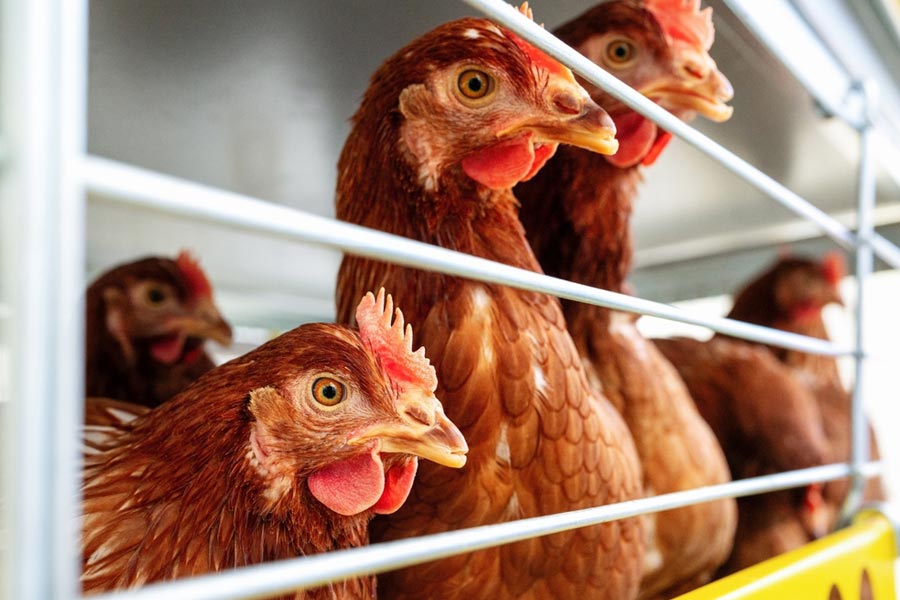Sharing borders with Nepal and Uttar Pradesh, the Valmiki Nagar Lok Sabha constituency in Bihar has suddenly emerged as an election hotspot with the Tharu tribe and sugarcane farmers the most sought-after.
The National Democratic Alliance (NDA) has banked on incumbent Janata Dal United (JDU) MP Sunil Kumar, while INDIA has fielded sugarmill owner Deepak Yadav from the RJD.
It would have been a one-on-one contest, but for Kokrajhar (Assam) MP Naba Kumar Sarania. Trying to make inroads among the Tharus and Muslims, he could influence the outcome of the seat where of 18 lakh voters, an estimated 2.7 lakh are Tharu.
The scenic constituency — in the foothills of the Himalayas with the Narayani (Gandak) river flowing along and the spread of dense forest and pure air — came into existence after delimitation in 2008-09. It has been a stronghold of Bihar Chief Minister Nitish Kumar’s JDU and the BJP since. The two parties have won it four times among them, including the bypoll after the demise of JDU MP Baidyanath Mahto in 2020.
As poll campaign vehicles traverse Valmiki Nagar, people go about their work, seldom stopping to discuss the fast-approaching elections.
Prem Mohan Tiswah, a Tharu youth from Durauli village in Bagaha-II block, sells farm produce at weekly bazaars.
“Nitish has worked much for the development of the area. He has paid special attention to us, even raising a police battalion comprising Tharu women. But more needs to be done. The government should promote cottage industries, handicrafts, organic farming and ensure a market for the products,” Tiswah says, while selling fresh ladyfingers at ₹15 per kilo at the market along NH 727.
Gautam Mahto, another Tharu tribal, angrily buts in: “Nitish is a turncoat. He should do away with prohibition. The police harass us in its name.”
As the saying goes in these parts, daru (alcohol) and Tharu cannot be kept apart.
The people also complain of rampant corruption in foodgrain distribution and no effective system to address it.
The ‘Tharuhat’ (Tharu Kingdom) has had two capitals since ancient times — Harnatand and Jamunia. The tribals still harbour special respect for the two places and complain that the approach road to Harnatand is completely dilapidated, making it difficult to reach.
But whatever anger they harbour against Nitish or the JDU subsides when it comes to the BJP. It was during the tenure of then Prime Minister Atal Bihari Vajpayee that the Tharus were designated as Scheduled Tribe (ST). Besides, the Rashtriya Swayamsevak Sangh has penetrated well among them.
“Nitish keeps flipping from one alliance to another, but we will cast our vote thinking of the BJP and Prime Minister Narendra Modi though the government pays little attention to the woes of farmers, and inflation is proving a setback to our savings,” said Chetram Narayan Prasad of Birahi village.
Valmikinagar is also the land of sugarcane, the mainstay of farmers, with about 65 per cent of the total crop in the state grown here. But of the 10 existing sugar mills here, only six are working.
In comes INDIA nominee Deepak Yadav, a native of Haryana, in the picture. He runs Tirupati Sugars Limited at Bagaha, West Champaran, and has rejuvenated the sugar mill, providing huge relief to the farmers.
“Deepak’s sugarmill crushed around 1.11 crore quintals of sugarcane this year, and has cultivated good relations with around 60,000 farmers in the cane-growing area. He has reformed the trade practice, making it hassle-free. The farmers receive payment in their bank accounts within three days of selling their produce,” says progressive farmer Pramod Singh, 74, who grows sugarcane on 200 acres.
“He is in the farmers’ good books by setting an example in how the industry should be run. This will definitely help him fetch votes,” Pramod’s son Prameet Singh chips in.Next, the Muslims form the biggest chunk of voters in Valmiki Nagar with over 3 lakh votes and they are not happy with the NDA, especially the BJP and Prime Minister Narendra Modi.
“You are ruling the country and we are living under you. You should have treated everybody with equality. We are termed infiltrators. We feel that if the BJP comes to power again, it will change the Constitution,” said Mahmood Alam, 80, a retired teacher of Gonahi village under Lauriya block.
The voters consider JDU’s Sunil Kumar, who hails from the Kushwaha caste, mild-mannered, who cannot match Deepak’s deep pockets. However, he is expected to get the support of a significant section of the extremely backward castes (EBC), and the other backward castes (OBC) other than the Yadavs.
The general castes, among which the Brahmins are at the top with around 2.7 lakh voters, could rally behind Sunil.However, sensing the tough fight, the BJP has deployed all its hands, including Rajya Sabha member and muscleman Satish Chandra Dubey, who won the seat in 2014.
“If Sunil wins, we will ensure a new barrage on the Gandak along the Indo-Nepal border and a waterway from Patna to here. The candidate does not matter, people should vote for Modi,” Dubey, who’s campaigning heavily for Sunil, said in Valmiki Nagar town.
However, the caste equations might not work in the desired manner and there is also an assumption that if the various castes and religions balance each other, the Tharus will emerge as the decisive factor.
Valmiki Nagar votes on May 25

